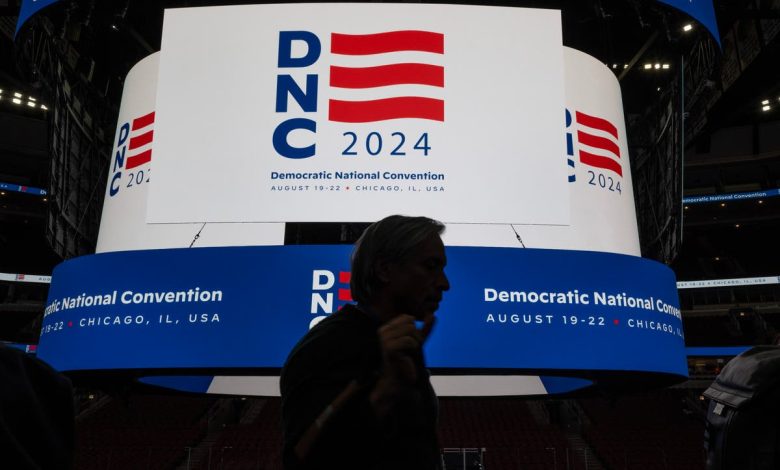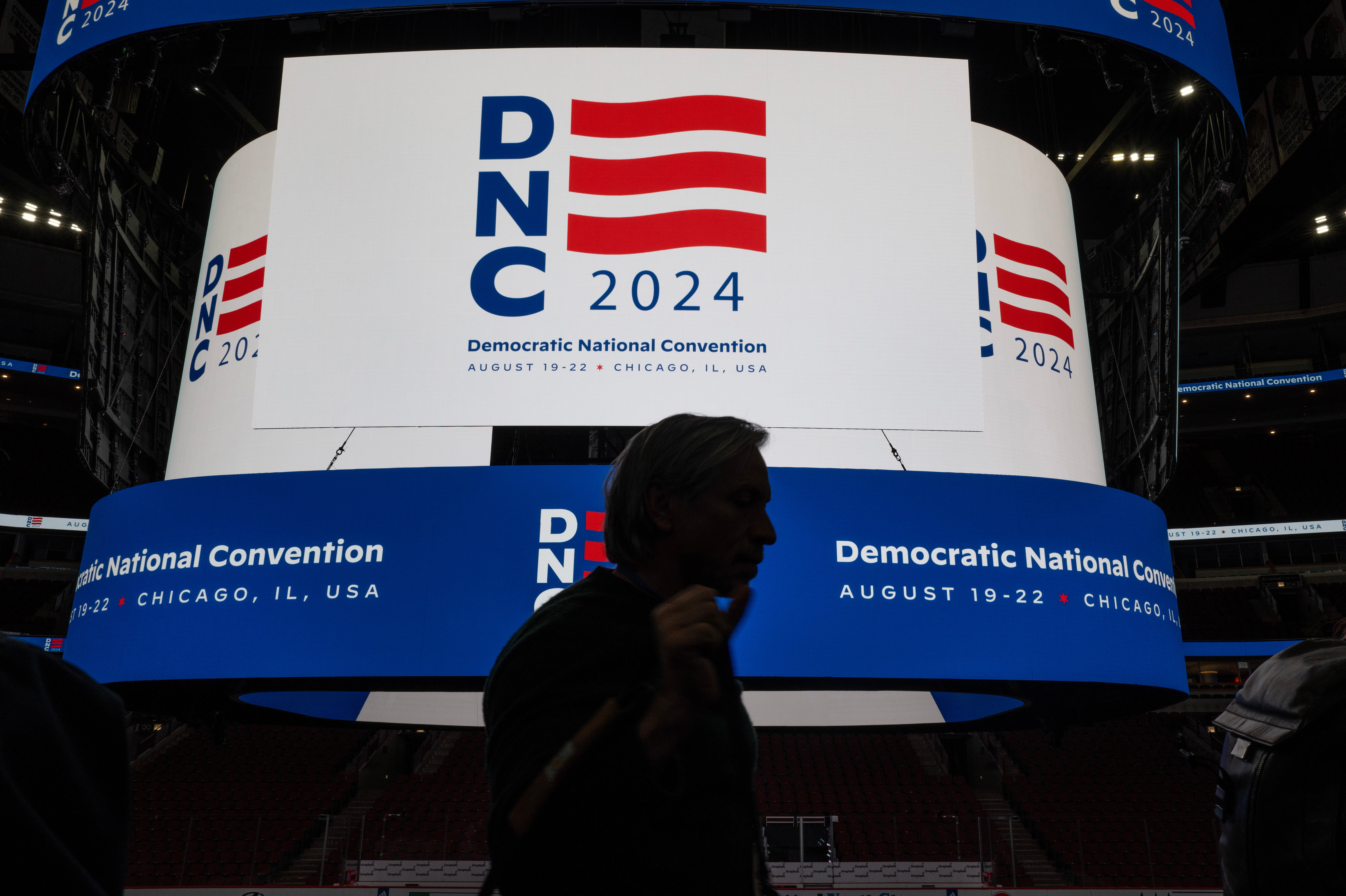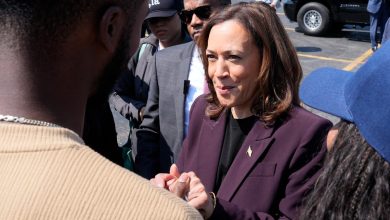What is an open convention? The nuclear option Democrats could take to replace Biden

President Joe Biden’s disastrous debate performance in Atlanta last month has opened the door in many Democratic minds that the best option might be to find a new nominee during an open convention.
After resolutely committing to staying in the race for several weeks after the debate, the president is reportedly beginning to open up to the notion that his time may have passed and that he has to step aside. Democratic leaders told Axios that he may drop out as soon as this weekend.
Meanwhile, former President Barack Obama is reported to believe that Biden needs to seriously reconsider his decision to stay in the race. Obama has been getting calls from concerned Democrats, including former House Speaker Nancy Pelosi, who has privately warned Biden of his diminishing chances to win re-election.
But the Biden campaign is still saying that the president isn’t going anywhere.
A growing number of Democratic members of Congress have publicly called on Biden to step aside, so how would a new nominee actually be chosen?
How would an open convention work?
Candidates win delegates during the primary season based on how they fare in primaries and caucuses on the state level.
The delegates will then vote at the convention until a candidate wins the nomination, with the votes of 1,976 delegates needed to win the nomination. Biden has earned nearly 4,000 delegates as he faced little opposition.

The last time the Democrats had an open convention was during the 1968 election amid heated arguments surrounding the Vietnam War.
While conventions more recently have been closer to coronations for the primary winner, they used to be the moment that a nominee was chosen. An open convention would mean that the primary process is now moot, and it becomes a contest to bring the most delegates to a candidate’s side.
The rules say that “delegates elected to the national convention pledged to a presidential candidate shall in all good conscience reflect the sentiments of those who elected them.”
If Biden were to leave the race, he would surrender the delegates he won during the primary, leaving them free to back someone else.
Delegates are chosen to attend the convention at the state and county level. It’s at this level that candidates focus their efforts to get their supporters elected for the remaining delegate seats. But in an open convention, new candidates would have to try to convince delegates who were previously pledged to Biden to back them for the nomination.
It’s likely to create a chaotic process with scrambling on the convention floor as the campaigns try to get now-free delegates to join their corner.
But since an open convention hasn’t taken place in more than half a century, it remains largely unclear what would happen if Biden were to leave the race.
Democrats may not go for an open convention and simply endorse Vice President Kamala Harris and put her forward as an uncontested nominee. The party could also host debates between the top candidates ahead of the convention.
Convention expert Elaine Kamarck told The New York Times earlier this year that if Biden were to drop out after all the delegates had been elected, the new candidates would have to convince the delegates at the convention.
“You will have what you had in the old days,” she told the outlet. “Delegations will meet in their hotels, and the candidates will go from hotel to hotel, or their surrogates, talking to the delegations and trying to get support. You would have the wives or the husbands being surrogates. You’d have other surrogates going to the smaller state delegations.”
She added that in the meantime, there would be a “wild” campaign on social media, in addition to new polling being conducted.
“You might need another day for the convention because there’d be so much work to do,” she said, noting that it’s likely that the vote would take more than one ballot.
“Odds are you’d need a first ballot just to figure out where everybody was, and then you’d probably take a break before you had your second ballot,” she added.
“It would be an old-fashioned convention,” Kamarack noted.







